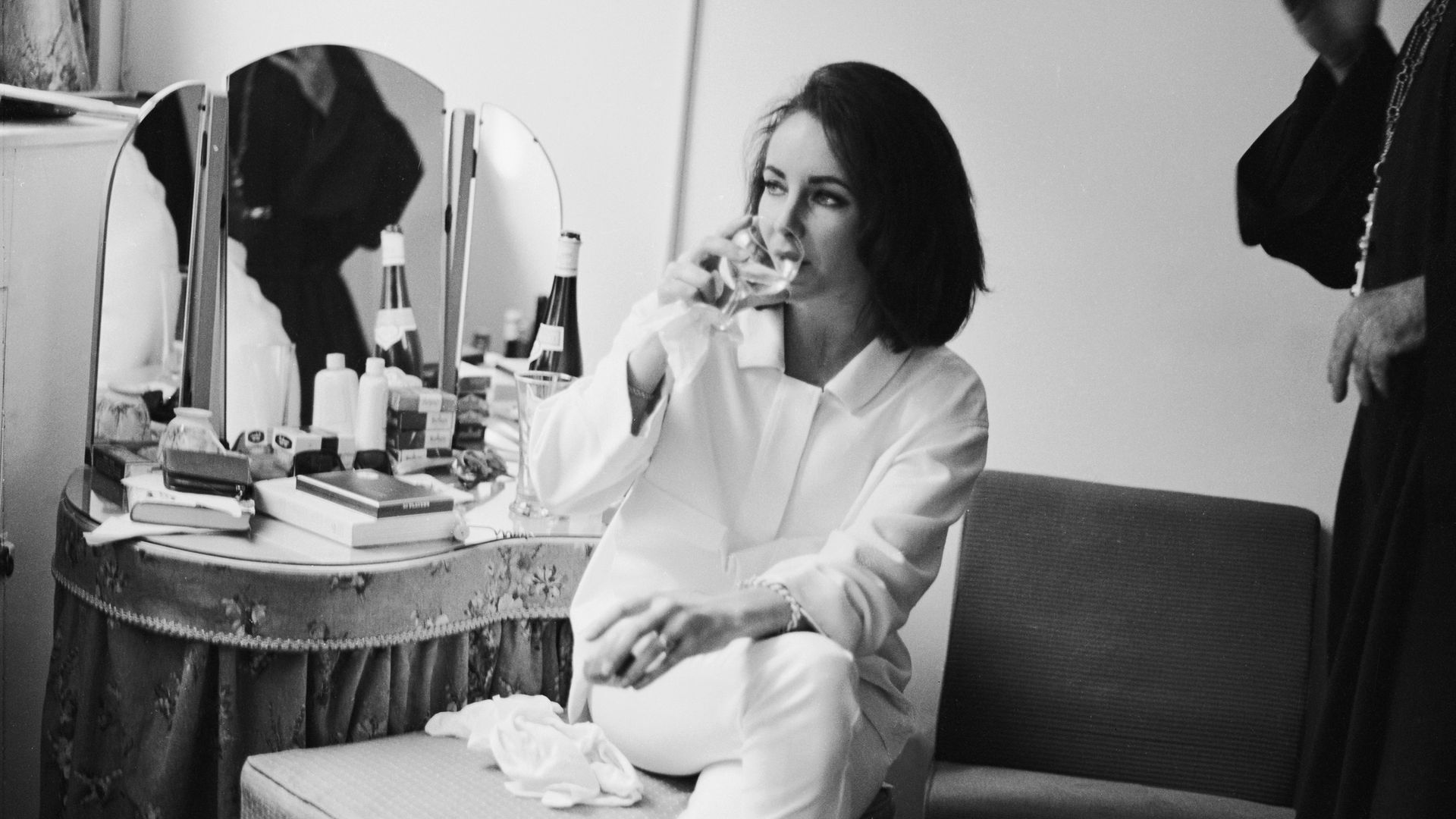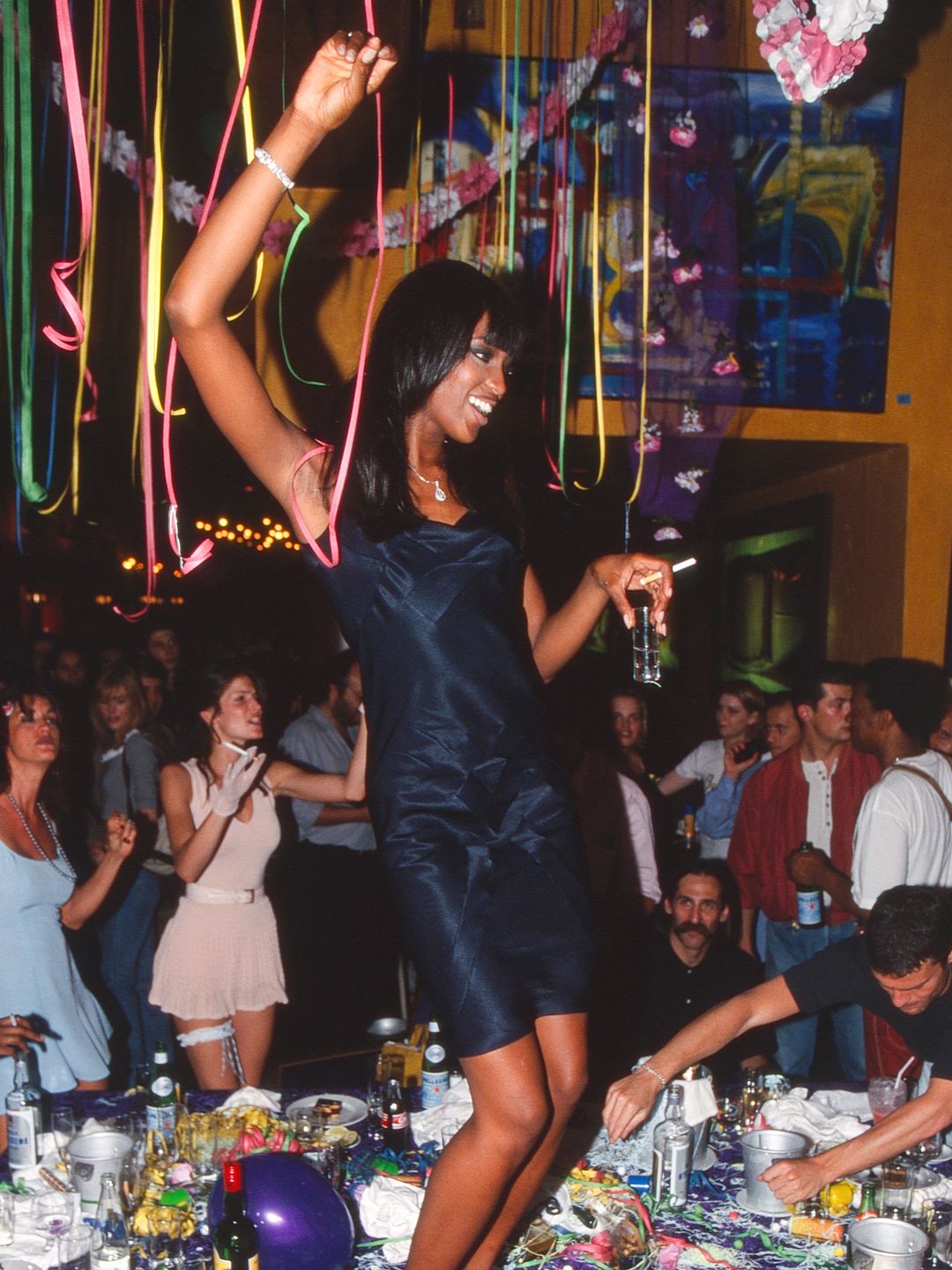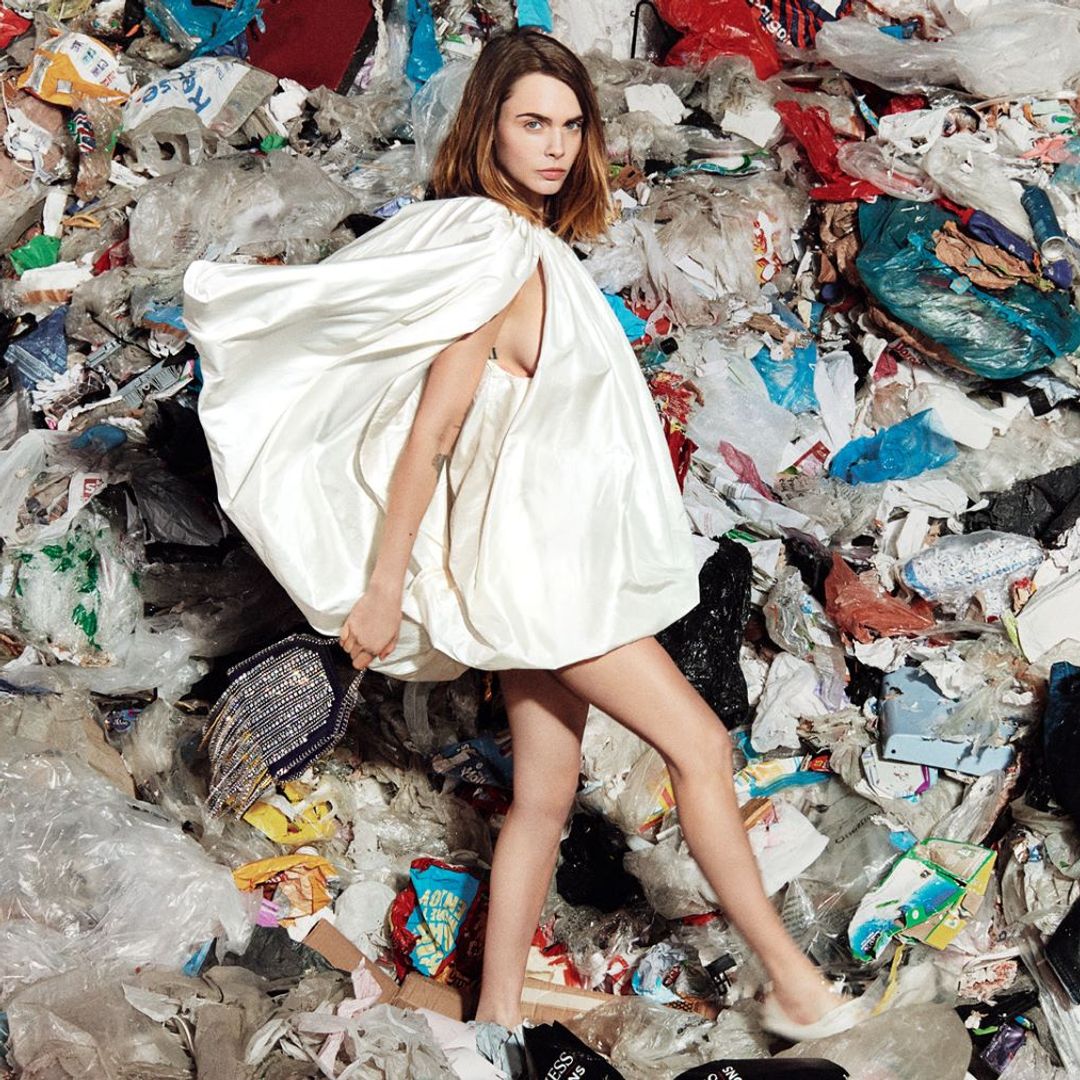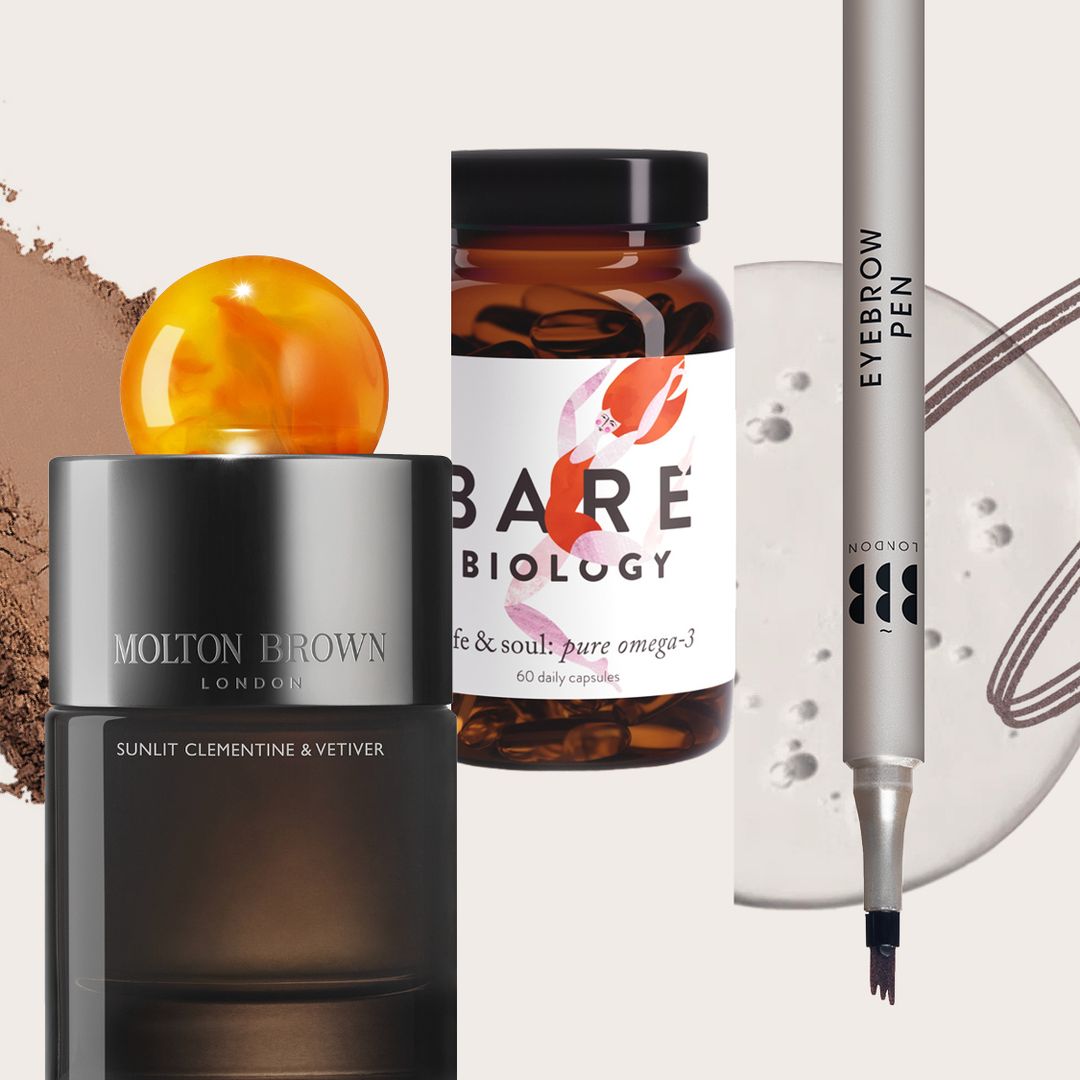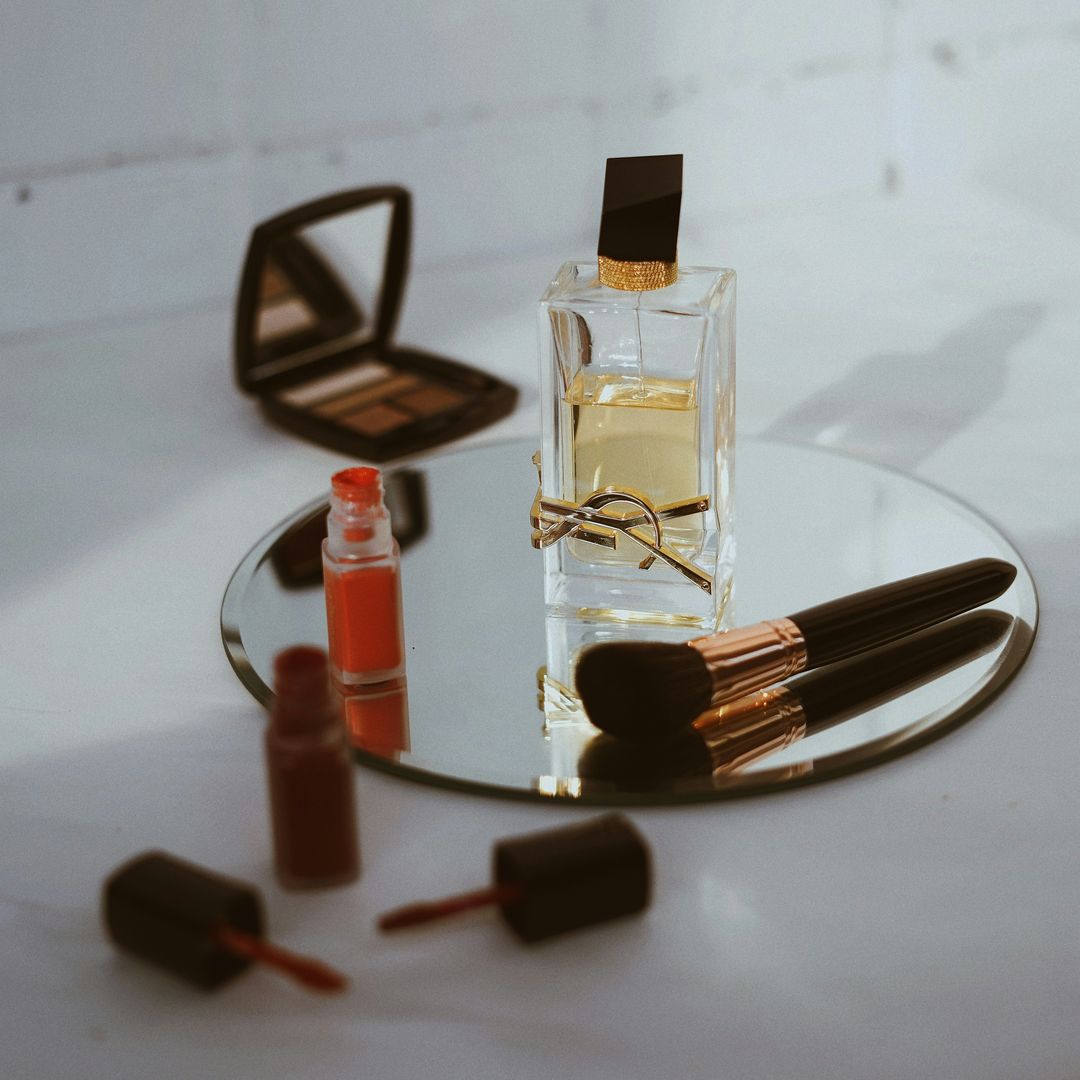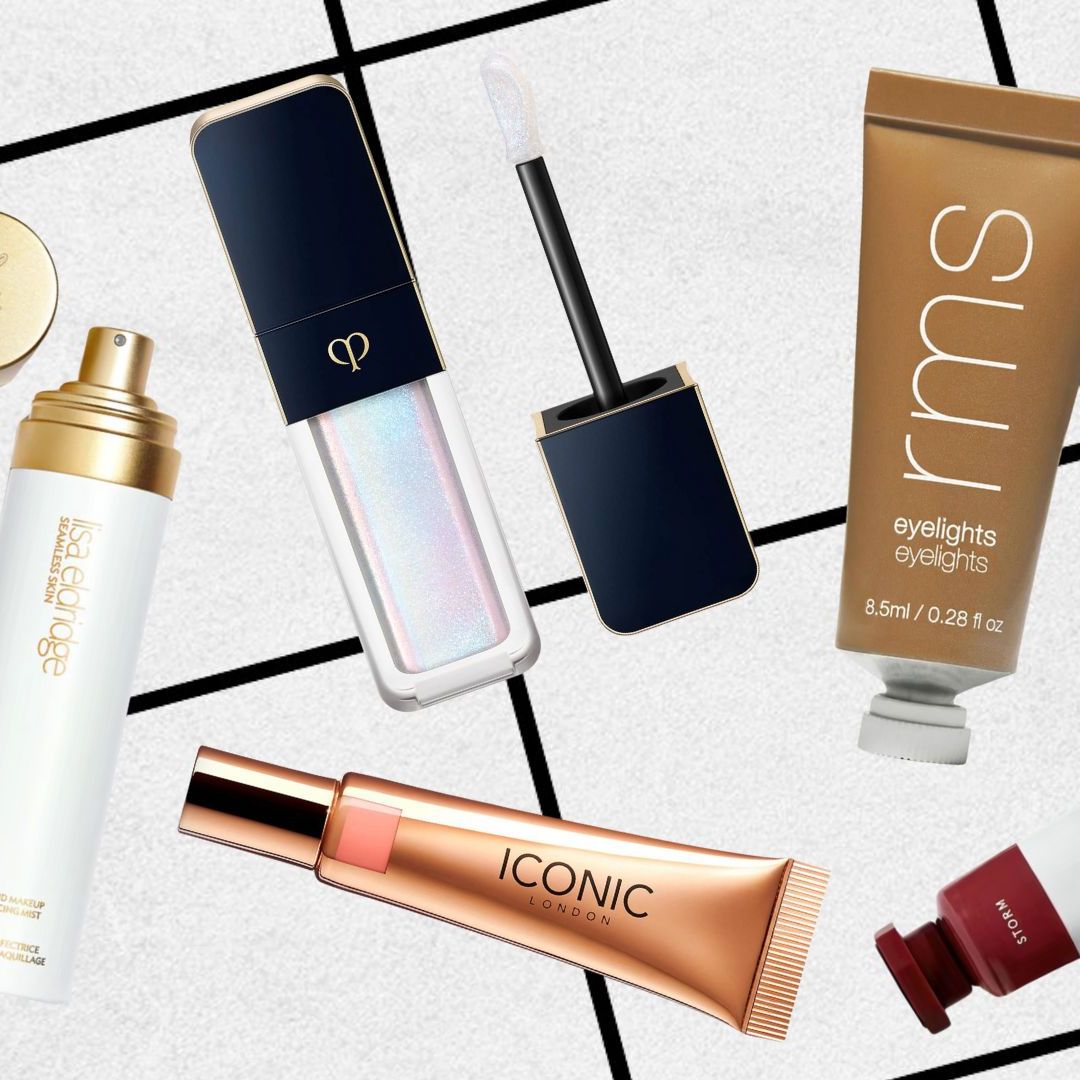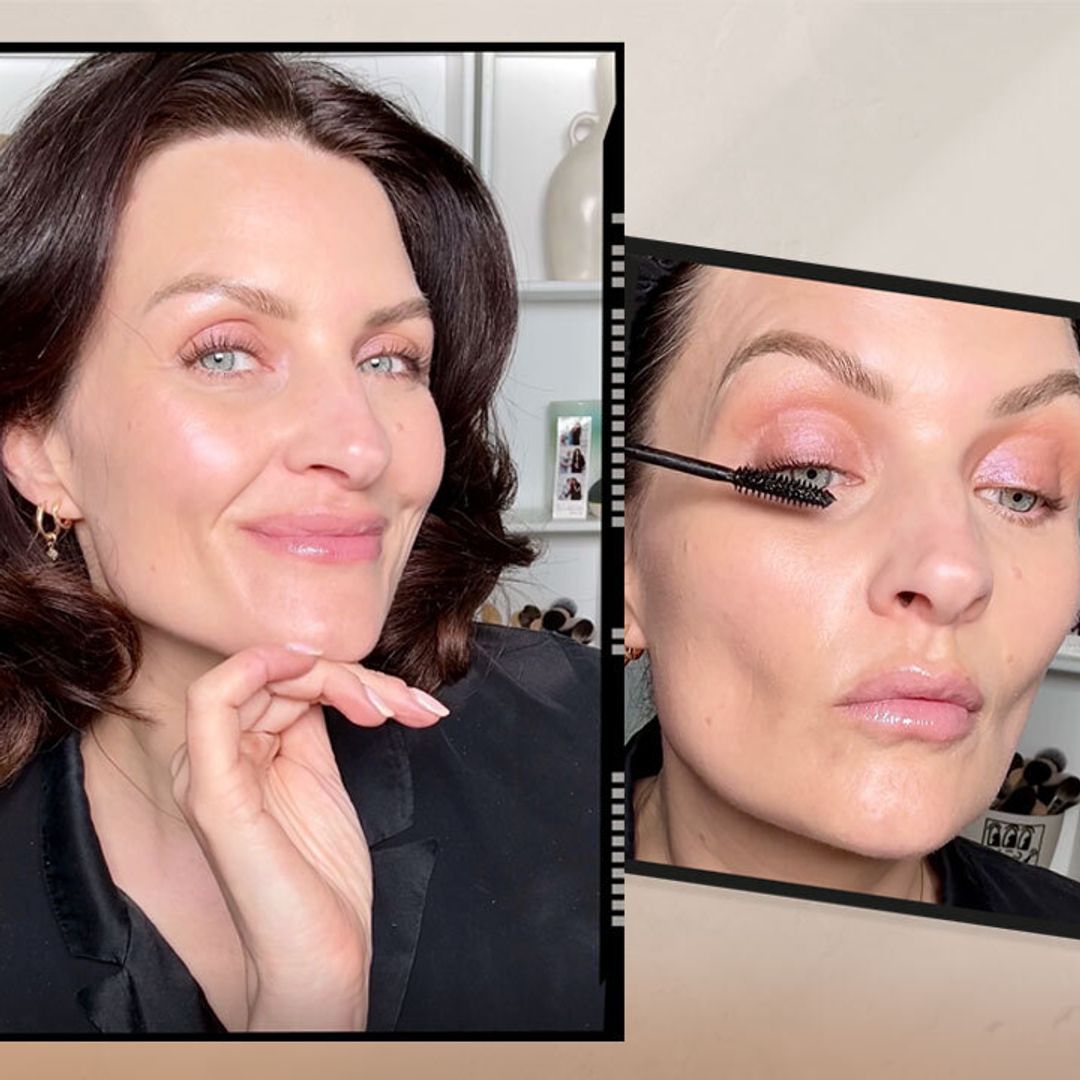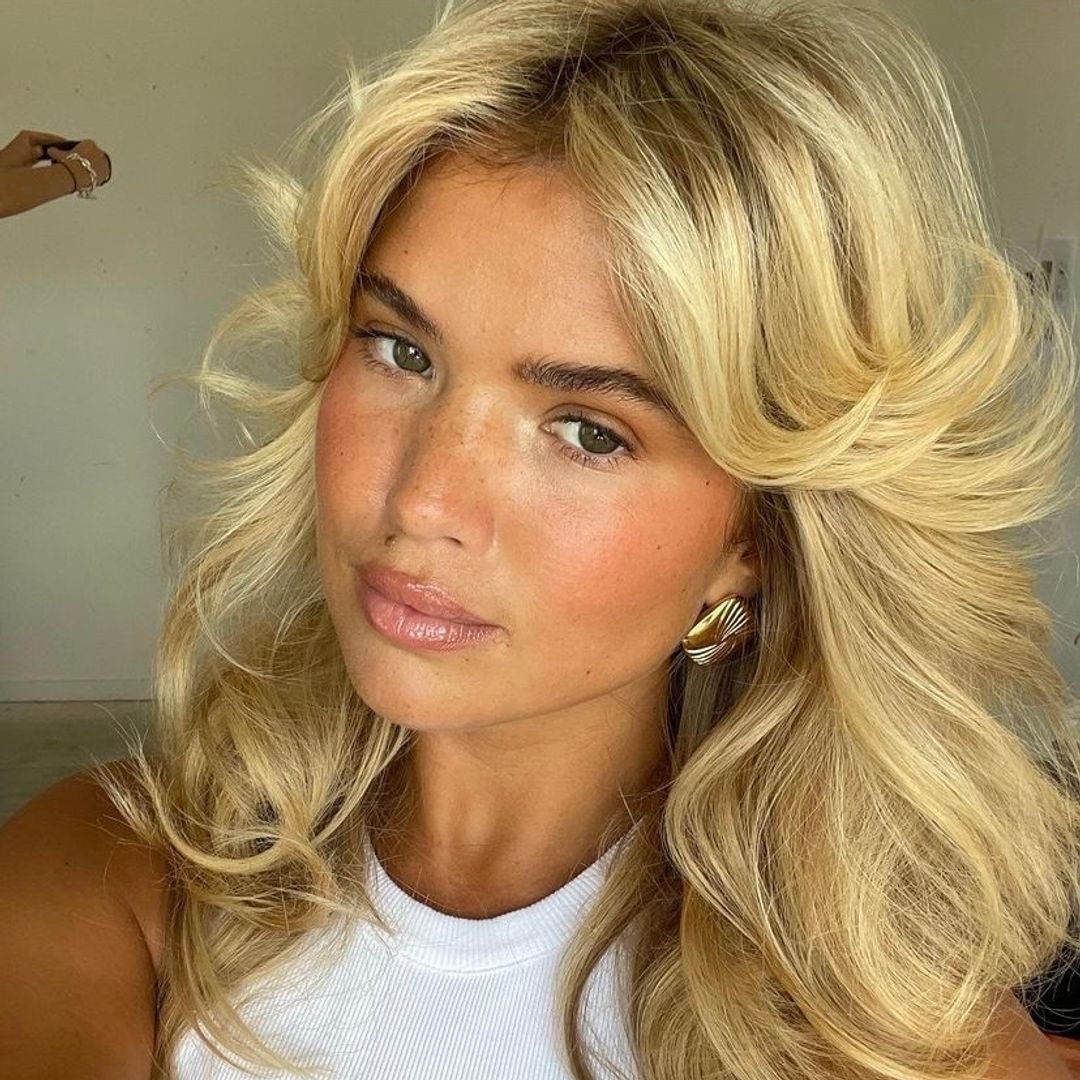What is the true purpose of the festive period if not for a spot of (well deserved) overindulgence?
Make no mistake, we're always up for celebrating in style. But it can be easy to let our usual health routine fall by the wayside given the amount of alcohol that many of us end up consuming over the course of December.
No mince pie ought to be enjoyed without a glug of mulled wine, no fragrant stilton without a slosh of port, no customary NYE mini quiche without a swig of champagne… You get the picture.
MORE: What is double cleansing?
By the time the new year rolls around, it's a miracle we can still walk in a straight line. And unfortunately, all that alcohol can leave your skin looking slightly worse for wear.
Dry January therefore presents the perfect opportunity to cut back on the booze give our bodies some much needed TLC.
How does alcohol affect your skin?
Alcoholic drinks with high sugar content – white wines and spirits with soft drink mixers for instance – cause a spike in your insulin levels, according to consultant dermatologist Dr Shaaira Nasir. "This sudden surge causes a release in androgen hormone which makes our skin produce more oil. This in turn can cause blackheads, whiteheads and acne," she tells Hello! Fashion.
It is a diuretic (a substance which stimulates the increased production of urine) and therefore is inextricably linked with dehydration, presenting itself in the form of fine lines and dullness.
How can excessive drinking exacerbate skin conditions?
Alcohol can trigger puffiness and irritate long-term inflammatory skin conditions. Those with rosacea (in which the face has a constant flushed appearance) may find that drinking increases their facial redness via histamine release.
"It is also known to flare inflammatory skin conditions like psoriasis, eczema, seborrheic dermatitis and urticaria (hives)," Dr Nasir notes. "Excess alcohol intake also causes DNA damage causing skin ageing, and can lead to an increase in non-melanoma skin cancers."
RELATED: 7 luxury facial oils to leave your skin feeling super nourished
Sadly, there’s more where that came from. Alcohol can negatively impact the body's ability to produce antioxidants, leaving the skin "more vulnerable" to the effects of UV damage and pollution, according to consultant dermatologist Dr Mary Sommerlad of Self London.
Dry January potential skin benefits
Drinking alcohol can leave your skin feeling uncomfortable and lacking water. If you take the plunge and embrace the challenge of Dry January, you will likely find that your skin looks brighter and feels more energised.
"After a few days you may notice your skin looking less dehydrated and after a week or so, if you have a lot of alcohol related ‘flushing’ you may notice this disappears," she advises. Some skin conditions such as seborrheic dermatitis, rosacea and psoriasis "may improve significantly" if they are exacerbated by alcohol, but Dr Sommerlad rightly points out that many people have such skin conditions without drinking alcohol ever.
"After a month, the skin will feel smoother and look more radiant as it is better hydrated," she says. "Puffiness under the eyes should also improve, as should your body's ability to over tackle free radicals generated by pollution which can lead to premature ageing."
Much as it pains us to admit, sounds like a no-brainer…
Like this story? Sign up to our Hello! Fashion newsletter to get your weekly 'Fashion Fix' delivered straight to your inbox.
